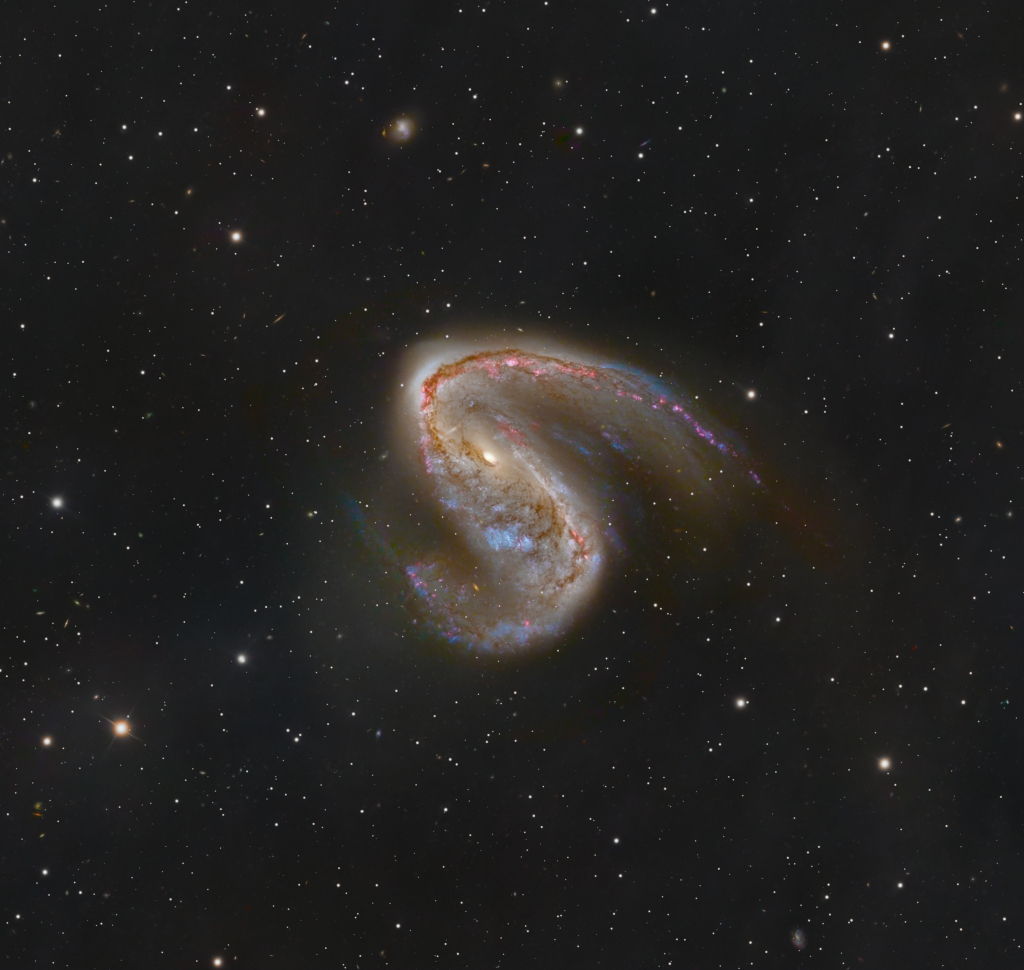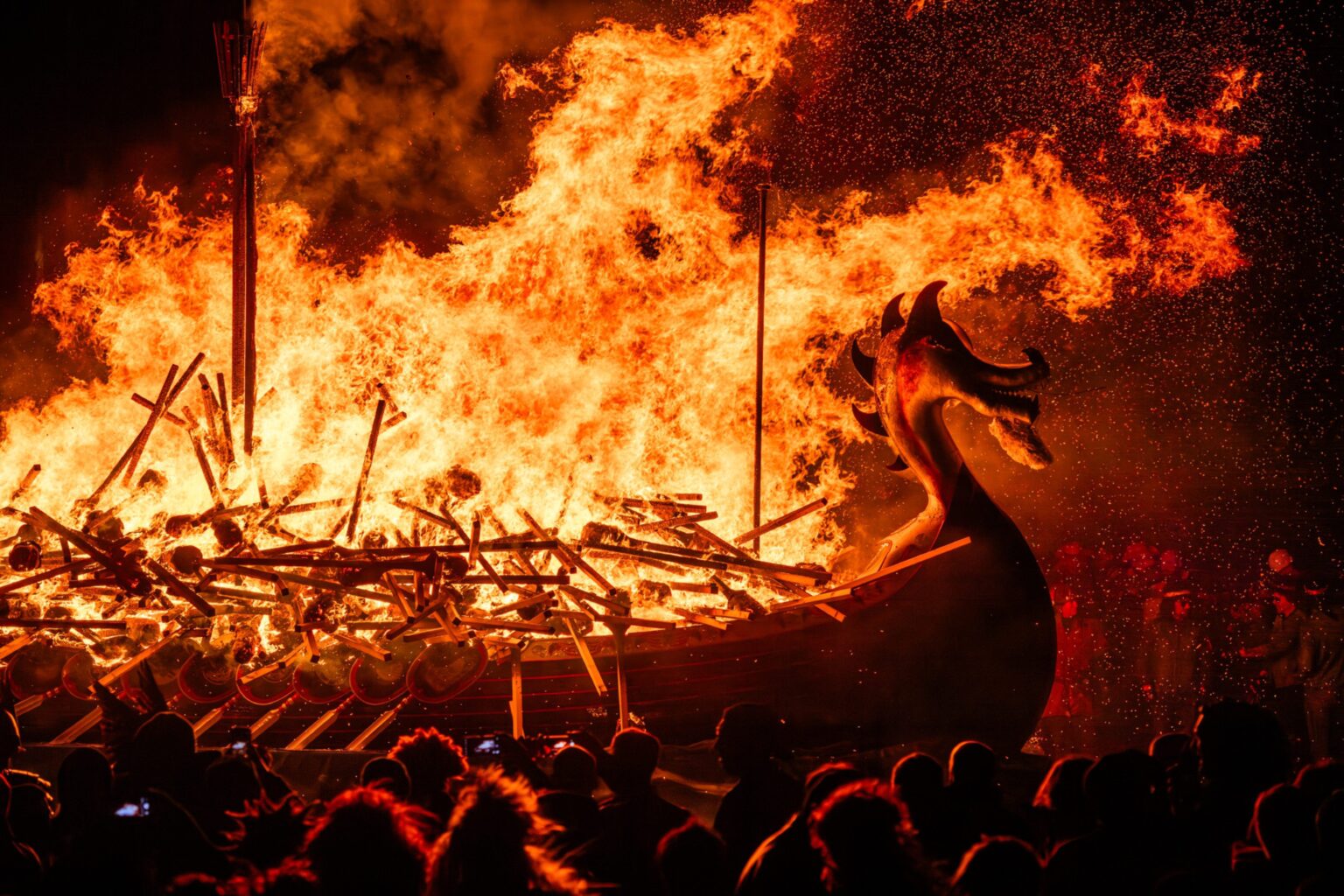Qatar intensifies crackdown on Baha’i religious minority
Government is taking a harder stance against the community whose leader was jailed for social media posts celebrating religious holidays

Qatar has intensified its systematic discrimination of the country’s Baha’i religious minority.
Authorities are blacklisting members of the community, denying them residency permits, and have targeted a Baha’i dignitary for particularly harsh treatment solely because of his faith, rights groups have said.
The minority group has long faced persecution in Iran, and discrimination in Egypt, Qatar and Yemen. However, it appears to have worsened.
However, it is regarded with suspicion in Qatar, alongside Iran, Egypt and Yemen, where the Prophet Mohammed is seen as the final and greatest prophet, and any claim to prophethood after him is considered blasphemy.
In Iran, a systematic persecution of Baha’is is also being carried out by the country’s clerical regime.
The Telegraph reported last month that the Islamic Republic is sending text messages ordering Baha’is to leave places they have owned for decades.
In one case, more than 20 Baha’is in central Isfahan province faced the seizure of their homes, assets and vehicles solely because of their faith.
Rights groups say that Baha’is in Qatar have experienced discrimination over decades, and recent action by the government reflects a hardening stance.
‘Unjust verdict’
One high-profile case that has drawn condemnation has been the sentencing of Remy Rowhani, 71, who chairs the National Spiritual Assembly of the Baha’is in Qatar.
Mr Rowhani was sentenced to five years in prison last month for social media posts celebrating religious holidays and promoting Baha’i values.
The three-judge panel convicted him on charges of promoting doctrine that “casts doubt on the foundations and teachings of Islam”, according to court documents.
In a previous case, Qatari authorities also alleged that Mr Rowhani collected donations and transferred funds without a license for the benefit of Baha’i individuals and entities abroad, an arrangement already known to authorities.
“This unjust verdict against Remy Rowhani is a disturbing setback for human rights in Qatar,” said Saba Haddad, the Baha’i international community representative to the United Nations in Geneva.
“The Qatari authorities must recognise the profound injustice of this sentence and immediately release Mr Rowhani, who committed no crime, but is known to all for his devotion to his country and his distinguished services,” she added.
The verdict came despite Qatar’s constitutional guarantee of freedom of worship and two weeks after UN human rights experts called Mr Rowhani’s detention part of “a broader and disturbing pattern of disparate treatment of the Baha’i minority in Qatar”.
International condemnation
Mr Rowhani, a former head of Qatar’s Chamber of Commerce, has been detained since April pending an appeal hearing later this month. The court has rejected appeals to grant him leniency because of a heart condition.
His daughter, Noora Rowhani, who lives in Australia, has described the five-year sentence as “so unfortunate and so shocking”.
She said her deteriorating eyesight means she may not be able to see her father even if they meet after his release.
“My eye condition is deteriorating and in five years, even if I meet him, I will most probably not be able to see him any more,” she said.
The United States Commission on International Religious Freedom condemned Mr Rowhani’s sentence as “an alarming restriction on his freedom of religion or belief”.
Human Rights Watch called Mr Rowhani’s imprisonment a “serious breach of human rights law”.
“Qatari authorities routinely demonise Baha’is based on Islamic rulings that likely incite hatred against them,” the Baha’i International Community and Human Rights Watch said.
The case reflects broader persecution of Baha’is in Qatar, where the faith faces systematic discrimination despite having nearly eight million followers worldwide.
In Iran, persecution of the group is one of the worst in the region.
Since June, Iran has been using article 49 of its constitution – meant to target illegally obtained property – to confiscate legally owned assets without evidence or due process.
Last month Revolutionary Guard intelligence agents raided 10 Baha’i homes and businesses in central Isfahan province, confiscating phones, computers, books and personal belongings without warrants.
Baha’is are also facing systematic discrimination in Yemen and several Baha’is have been jailed in the past in Egypt.
Regional tensions
The worsening situation for the minority group has been largely overshadowed by regional tensions and conflicts with Israel.
Israel took the unprecedented step of striking Doha to target Hamas’s leadership gathering to discuss a possible peace deal over Gaza.
Iran has also been locked in fiery exchanges with the US and Israel since Hamas’s attacks on Israel on Oct 7 2023, and at times engaged in conflict.
Qatar has attempted to clean up its reputation for human rights abuses and position itself as a more tolerant country, with the hosting of the World Cup in 2022 and the Asian Games in 2030.
[Source: Daily Telegraph]

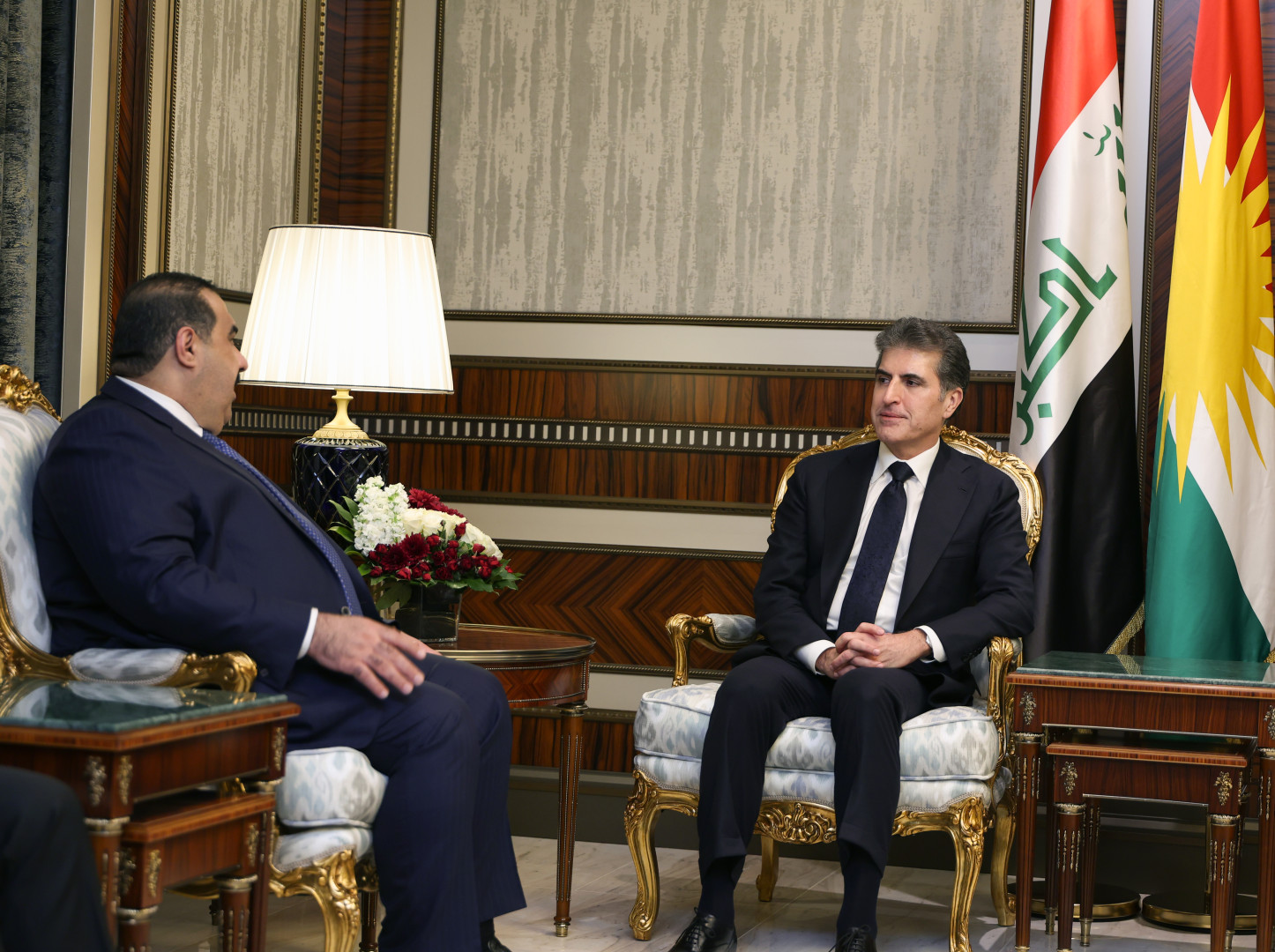

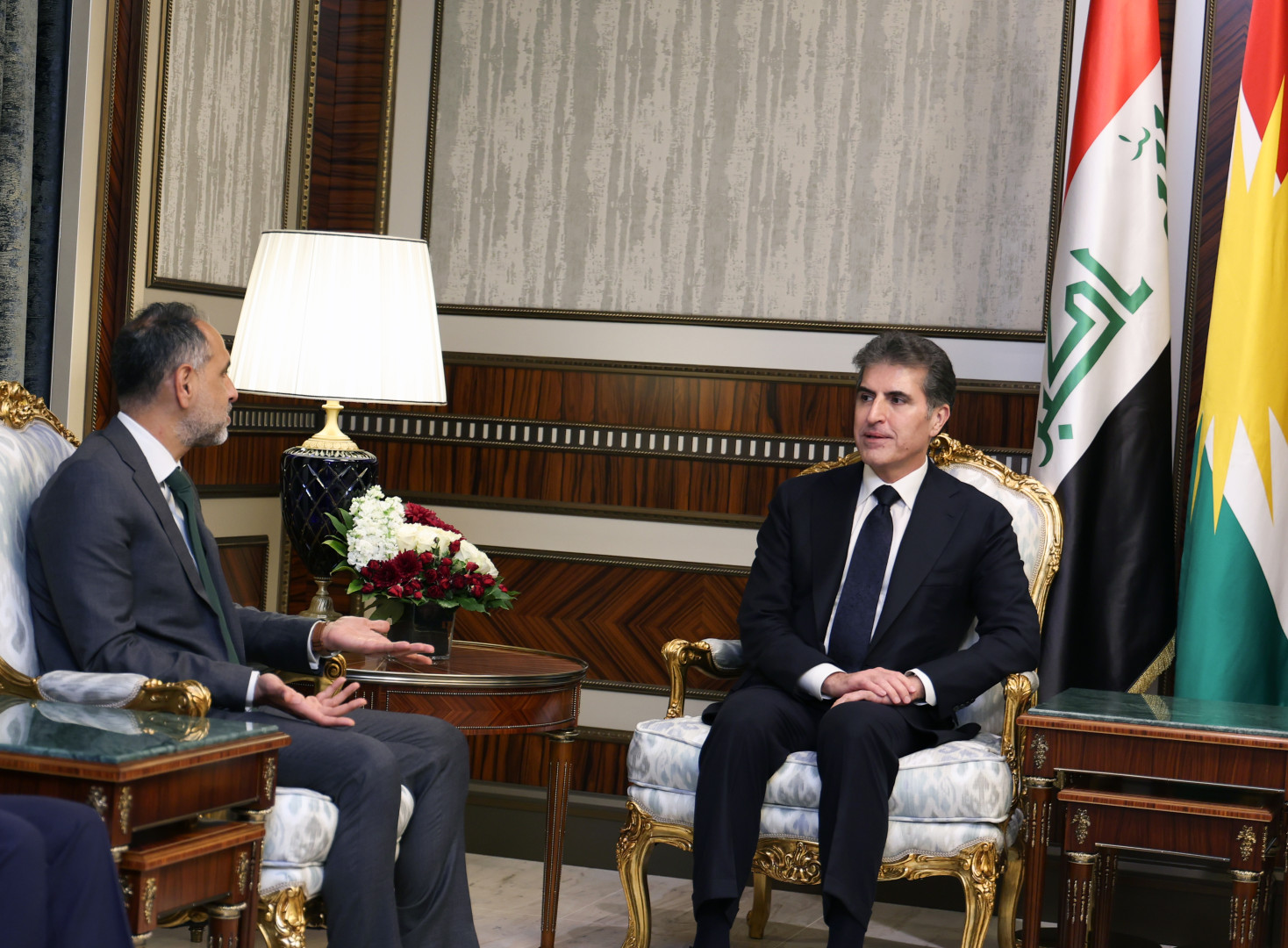



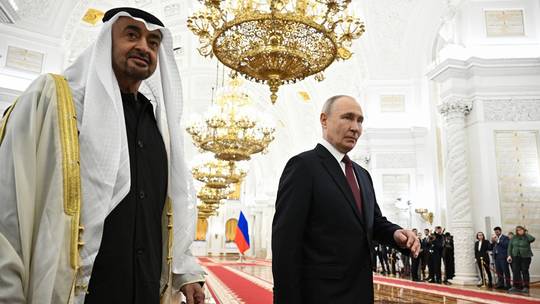
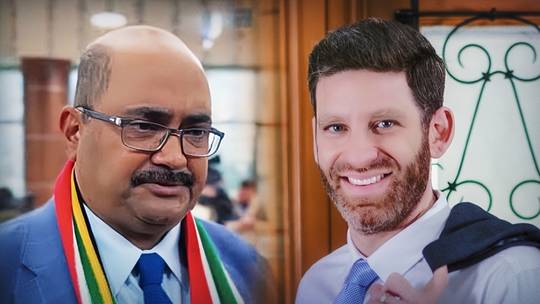









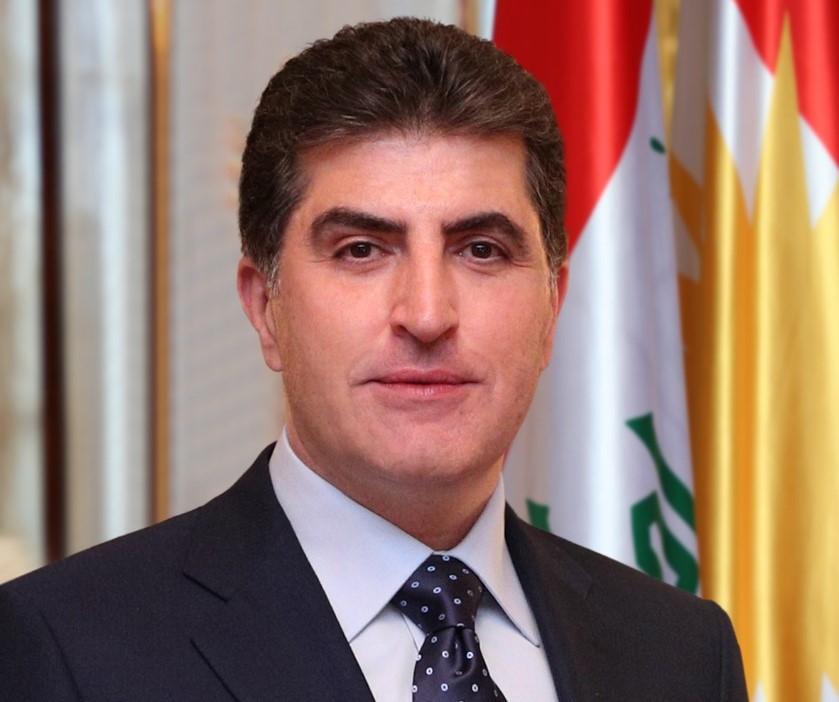




/file/attachments/orphans/IMG_9103_429753.jpeg)









